Urbanworld Film Festival Shorts Offer Hope amidst Grim Outlook on Black America
 Friday, September 22, 2017 at 3:59PM
Friday, September 22, 2017 at 3:59PM  'Covered' directed by Desha DauchanKnown for highlighting diversity in film, the Urbanworld Film Festival kicked off its 2017 run last night with with appearances by music producer Irv “Gotti” Lorenzo, Blackout director Jerry LaMothe and a slate rich in foreign selections from 18 countries.
'Covered' directed by Desha DauchanKnown for highlighting diversity in film, the Urbanworld Film Festival kicked off its 2017 run last night with with appearances by music producer Irv “Gotti” Lorenzo, Blackout director Jerry LaMothe and a slate rich in foreign selections from 18 countries.
Together these foreign titles boast a range of stories, from human smuggling in Kareem J. Mortimer’s Cargo (Bahamas) to Japanese women negotiating love across generations in Mayumi Yoshida’s Akashi (Canada). The common thread among domestic films, however, appears to be an unbalanced reflection of the Black American experience.
This year’s program paints a bleak picture of life as an African-American man or woman living in the United States. Issues involving mass incarceration, or trouble with the law, are present in several films such as Keith McQuirter’s documentary Milwaukee 53206, Tesia J. Walker’s narrative short Search Party, Garrett Bradley’s narrative short Alone and John Sinclair’s docu-series Released (presented by OWN: The Oprah Winfrey Network). The center of attention is also placed on matters of police brutality, race riots, substance abuse and family dysfunction in films including Sonja Sohn’s documentary Baltimore Rising, Jeff Ray’s Misso – Can I Exist, and Kristen Hester’s The Middlegame, respectively.
While social justice themes are important, being bombarded with film after film about the troubles of our community is a depressing way to spend one’s weekend. For every film playing at Urbanworld that depicts people in foreign lands in difficult situations, there is another movie at the festival to counteract its subject matter. Where are the stories of promise for African-Americans?
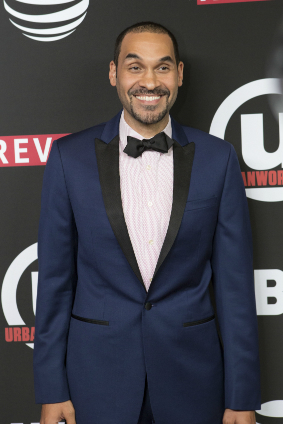 Film director and actor Eden Marryshow at the 2017 Urbanworld Film Festival. Photo by Brown Eyes Photos.“We’re either on top of the world like the Huxtables or we’re slinging rocks like in The Wire,” says director Eden Marryshow whose highly anticipated comedy film Bruce received a warm welcome by the AMC Theater crowd on opening night.
Film director and actor Eden Marryshow at the 2017 Urbanworld Film Festival. Photo by Brown Eyes Photos.“We’re either on top of the world like the Huxtables or we’re slinging rocks like in The Wire,” says director Eden Marryshow whose highly anticipated comedy film Bruce received a warm welcome by the AMC Theater crowd on opening night.
Marryshow pointed out a need for middle ground in how African-American lives are represented in film.
His movie Bruce “is extremely diverse in its story. There’s laughing and a bunch of regular people. No one is incarcerated. He’s (Bruce) an asshole and just a regular guy, which we don’t [usually] see.”
Luckily for moviegoers, Urbanworld’s Short Film Program #3 – the only shorts program at the festival exclusively featuring films made in the United States -- and its slice-of-life stories may be the answer to that need for middle ground Marryshow speaks to, while balancing out such a grim domestic lineup. Caralene Robinson’s comedy short The Bill is about eleven women celebrating a birthday party that dissolves into drama when an unexpectedly huge bill arrives. Cierra Glaude’s short Last Looks tells the story of an aesthetician who does her brother's makeup for his final showcase.
The LGBT community gets some love with Rochee Jeffrey’s short Suitable about a tom boy who comes to terms with her sexuality when she decides what to wear for prom. Also in Robin Cloud’s comedy short Out Again, a lesbian visits her parents and is confronted with her mother’s inability to remember one key detail. Then Desha Dauchan’s dramatic short Covered, about a married muslim woman who is obsessed with finding out what might be buried in her backyard, highlights black love and family.
 Actor Jermele Howard attends the 2017 Urbanworld Film Festival. Photo by Brown Eyes Photos.Actor Jermele Howard, who came to Urbanworld for the screening of music producer Irv “Gotti” Lorenzo’s Tales: Trap Queen, prefers diverse stories but also sees the importance of films that put issues that are going on front and center.
Actor Jermele Howard attends the 2017 Urbanworld Film Festival. Photo by Brown Eyes Photos.Actor Jermele Howard, who came to Urbanworld for the screening of music producer Irv “Gotti” Lorenzo’s Tales: Trap Queen, prefers diverse stories but also sees the importance of films that put issues that are going on front and center.
“I’m not a person who is big on slavery films, so I think everything should be diverse but if there’s an issue going on, by all means, us as black people should always use our platform to shed light on what’s happening. What’s more important is to move forward as a people. That trumps everything,” says Howard, who can be seen in the fourth installment of the horror film franchise The Purge.
For those of us who are looking for a diverse selection of stories in a well-balanced lineup, Urbanworld’s Short Film Program #3 is the program that more closely fits that bill.
Shorts Program 3 is showting 5:00pm Friday, September 22nd at AMC Empire 25 in Times Square during the 2017 Urbanworld Film Festival.
In what ways would YOU like to see film festivals strike a good balance in the types of stories they showcase?






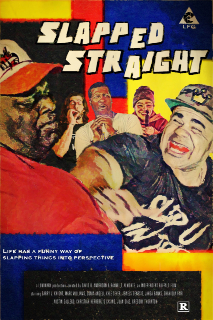
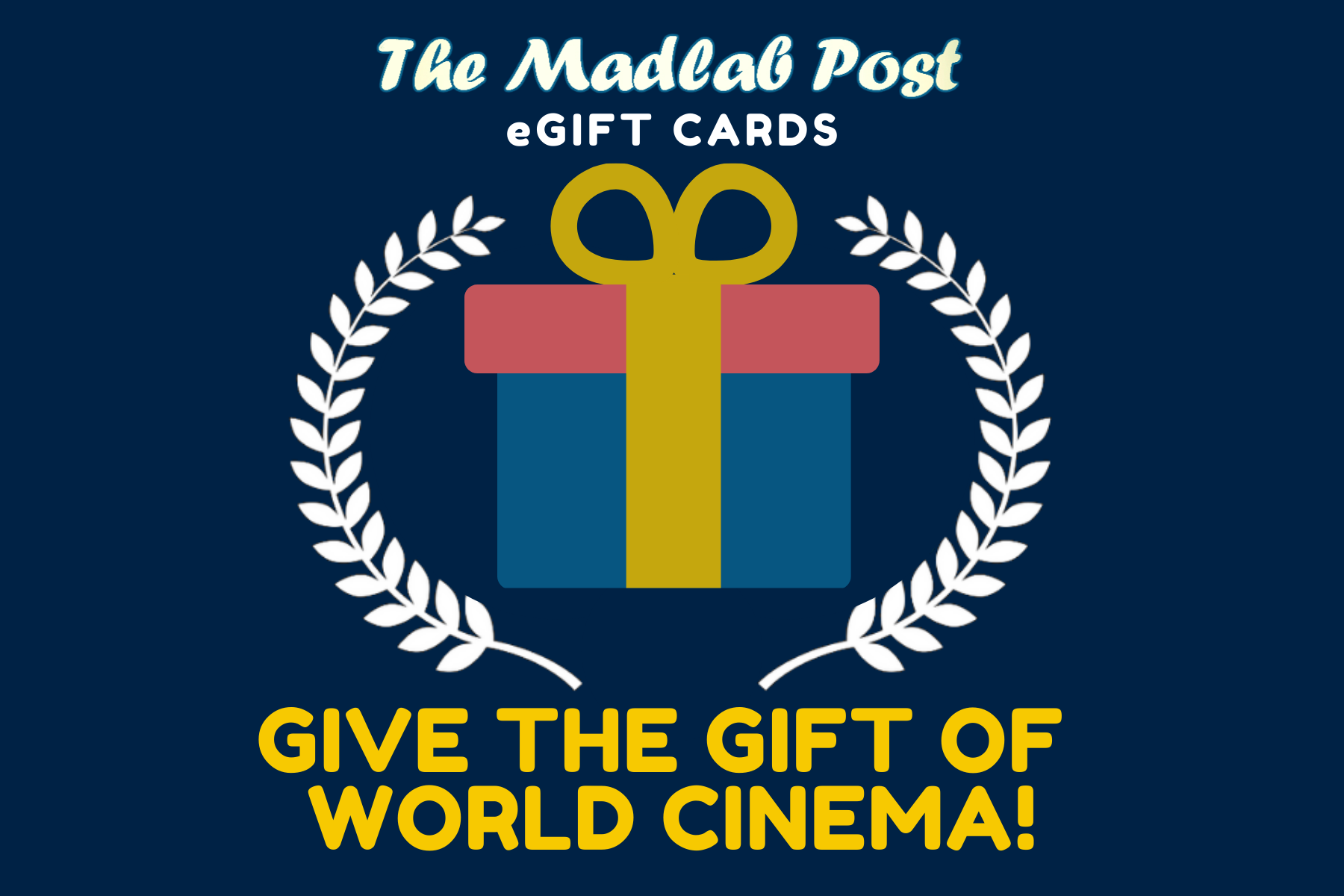




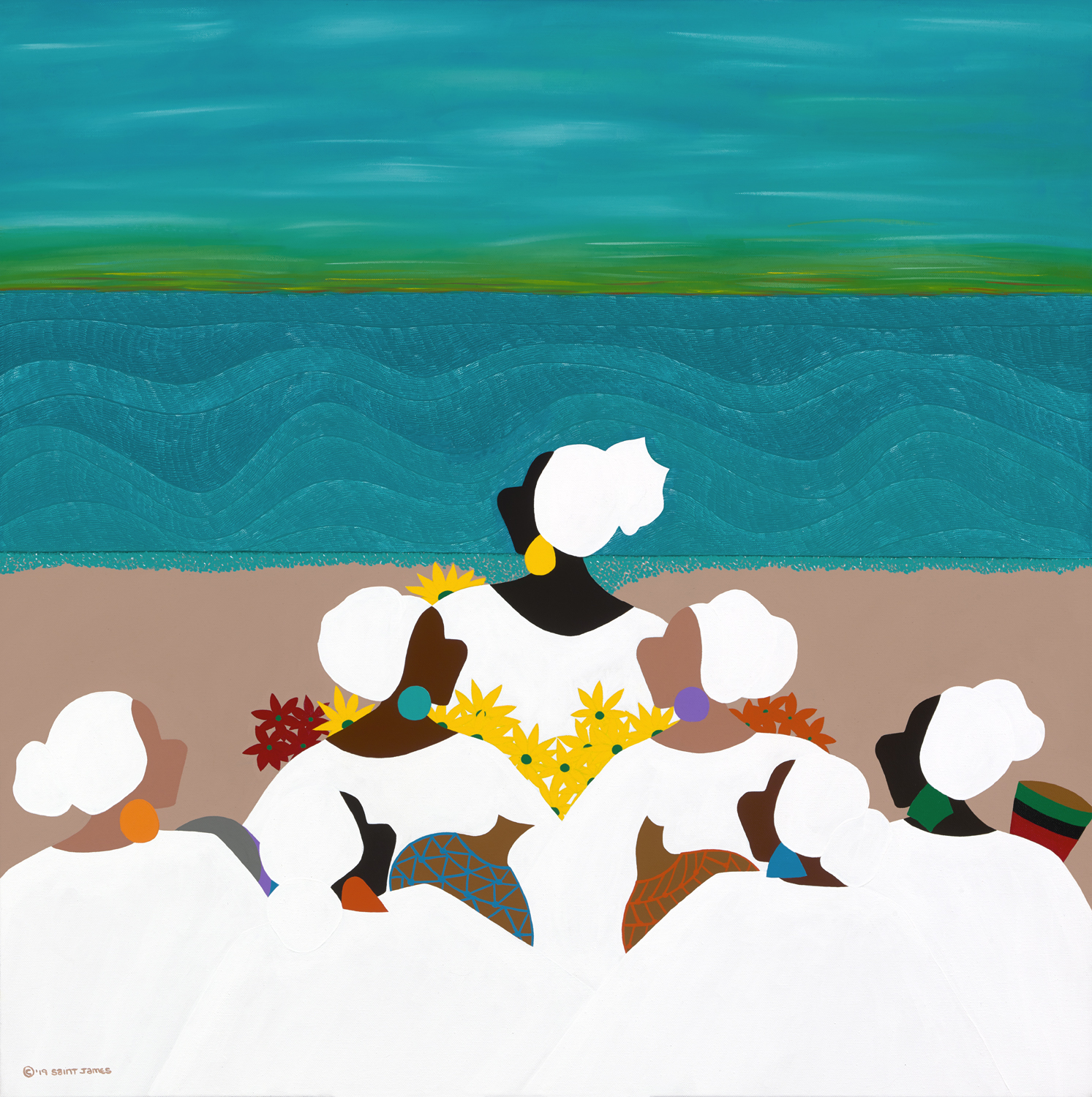

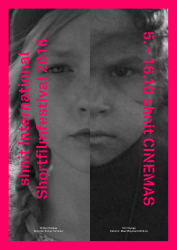




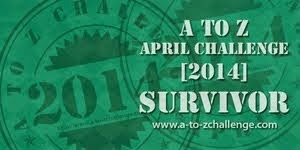
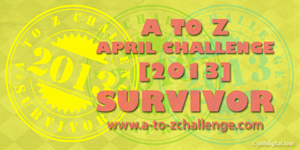
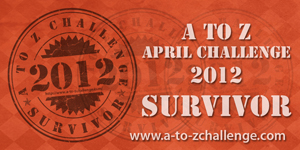
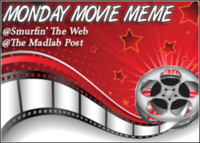


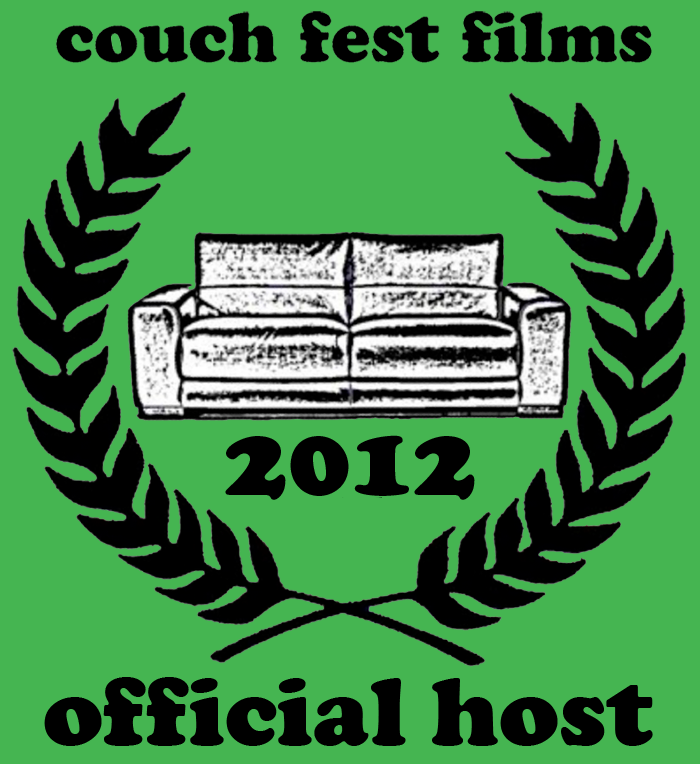


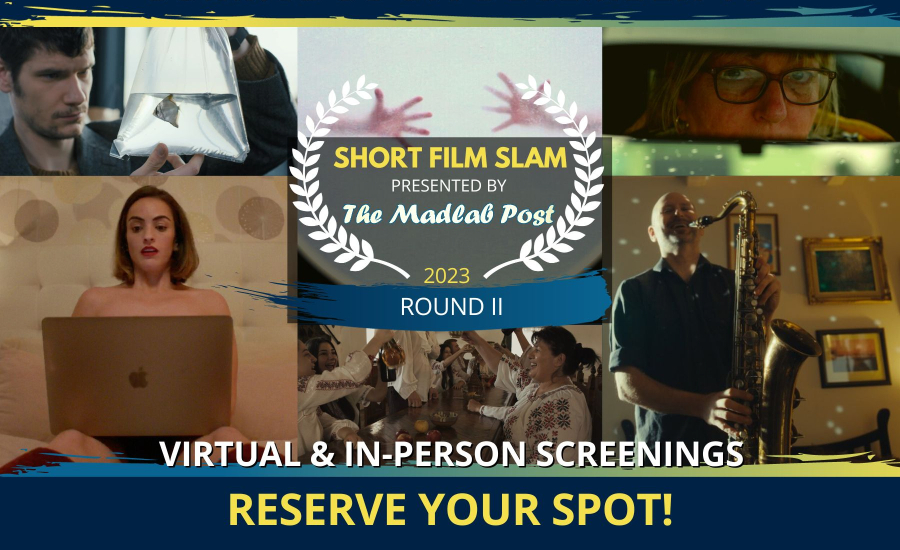

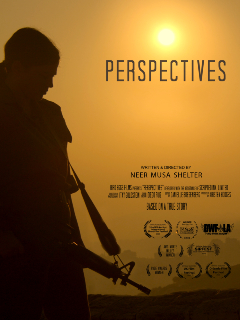
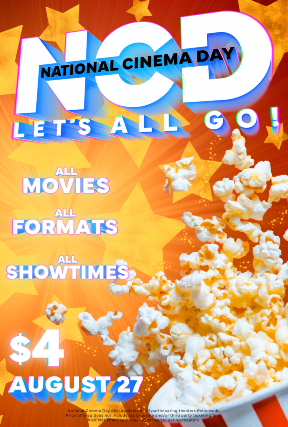
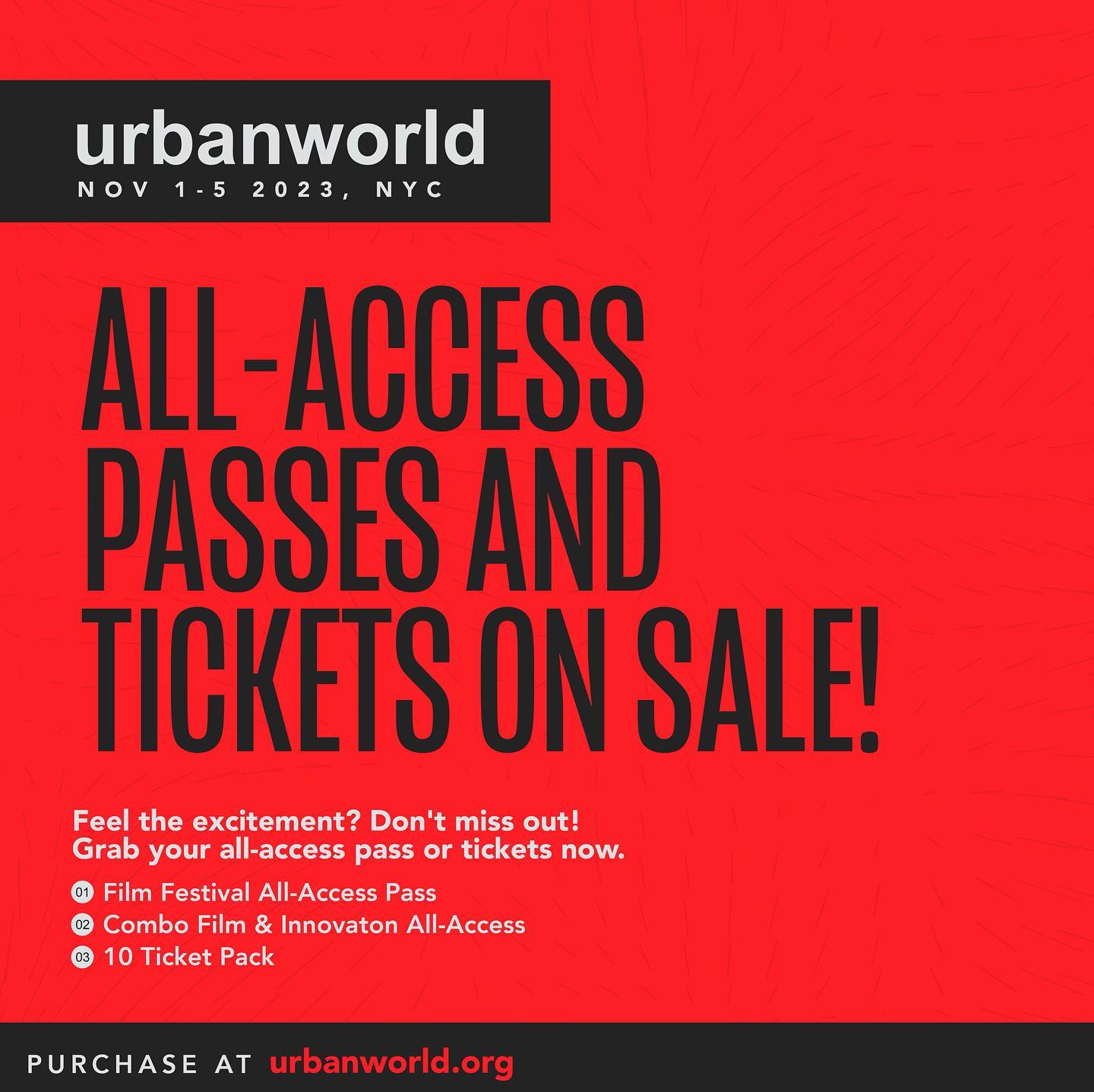
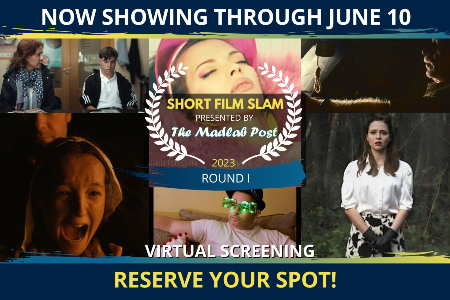
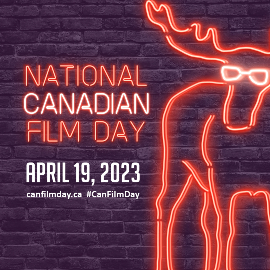
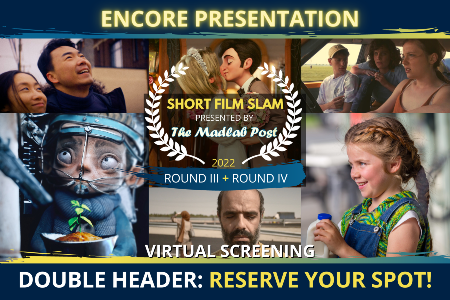
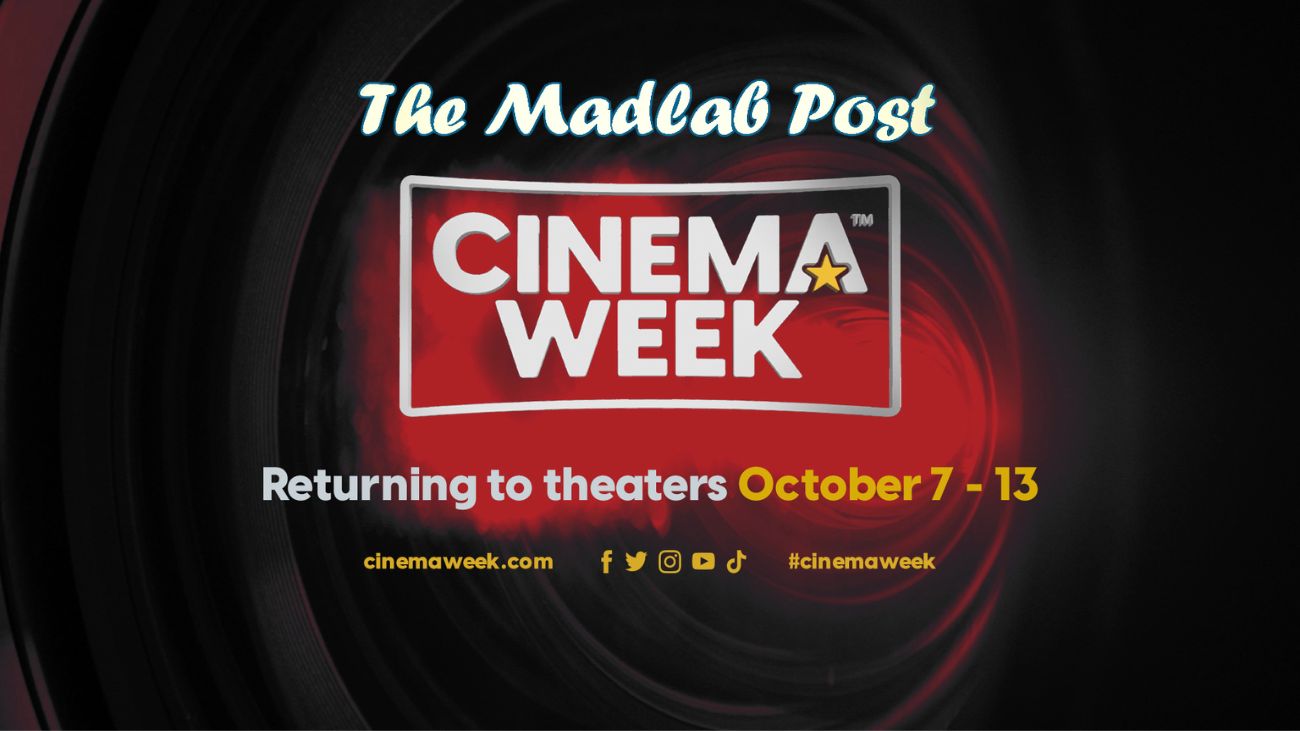
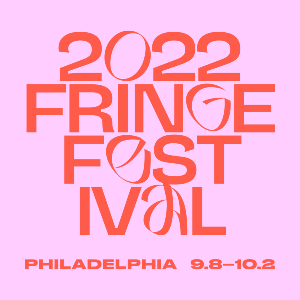


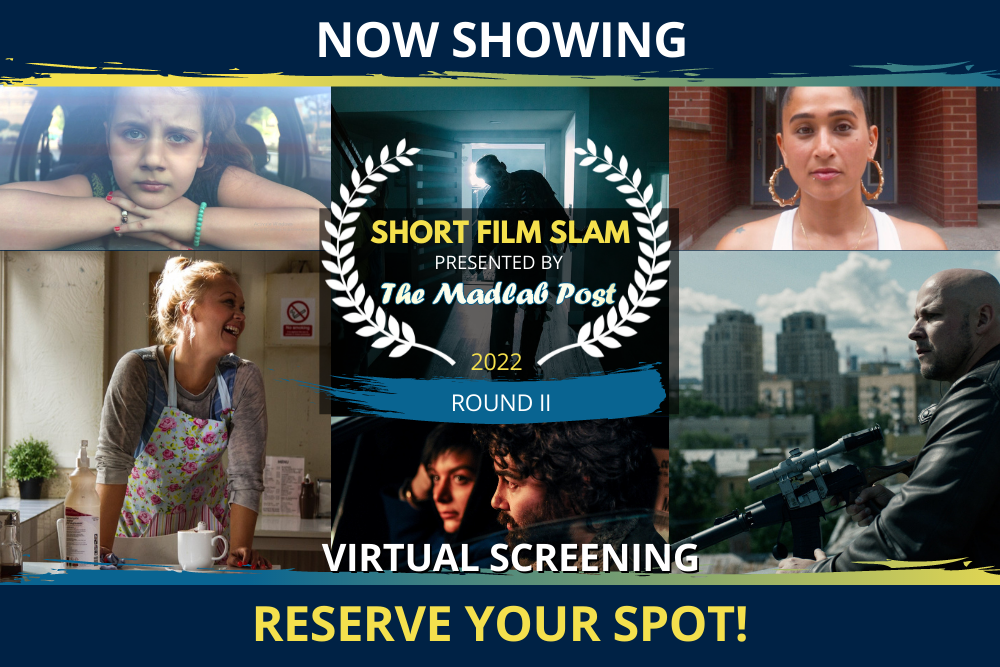

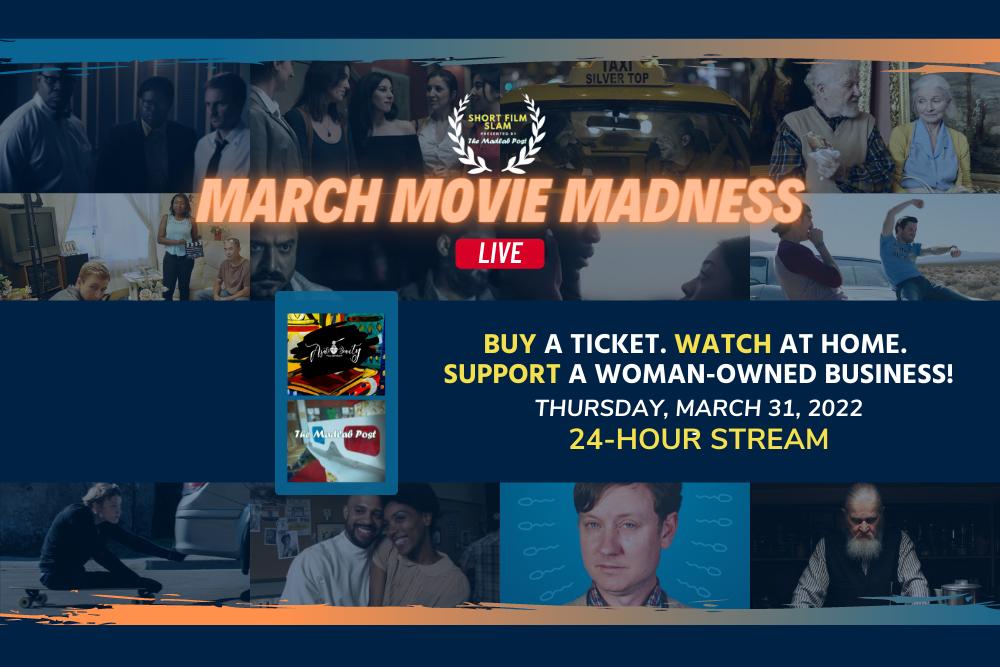
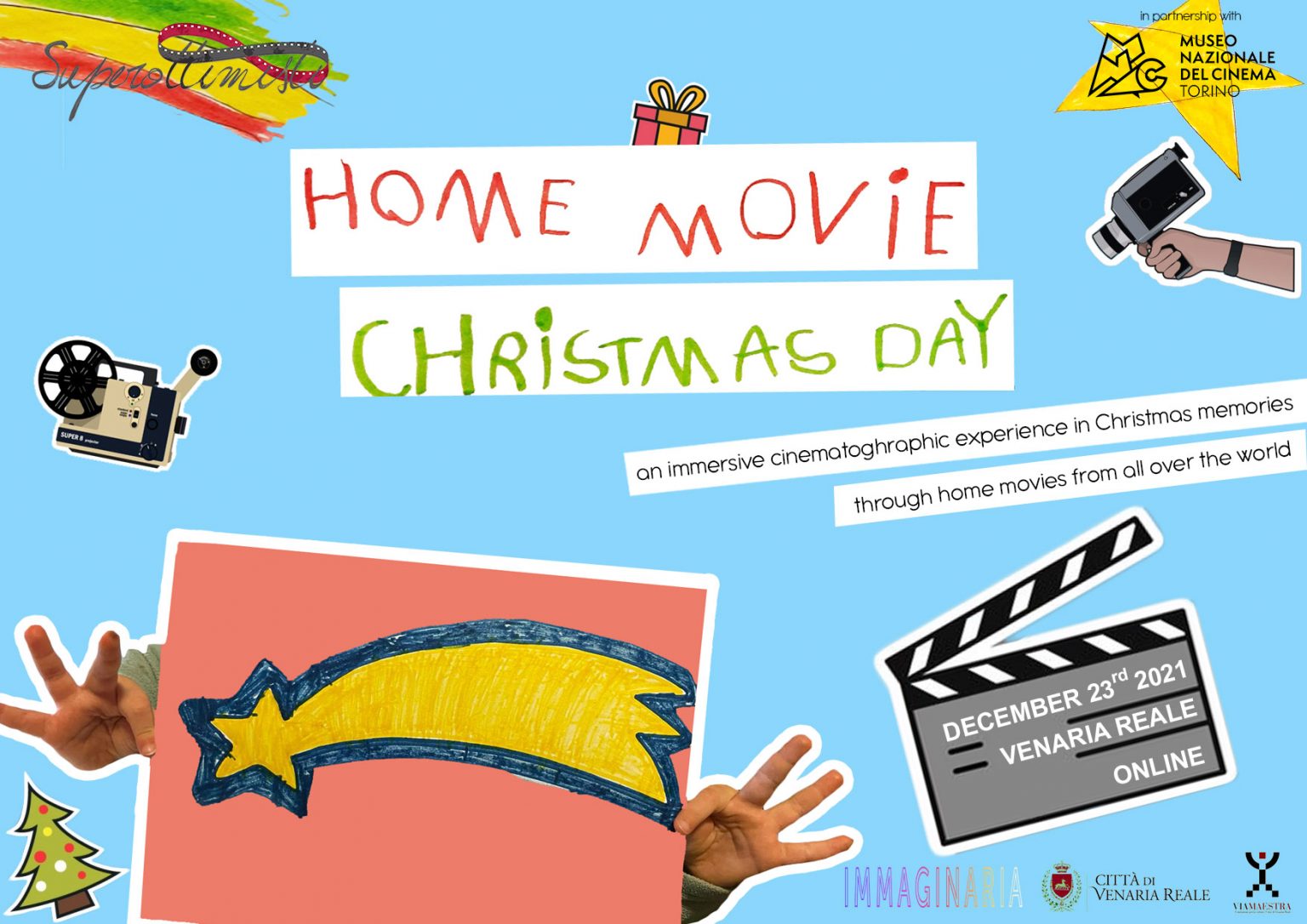
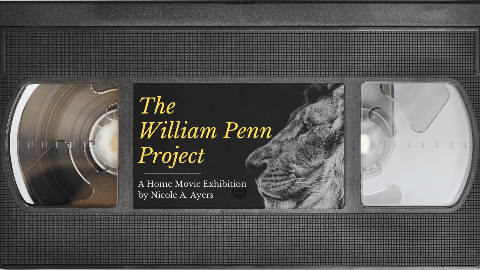
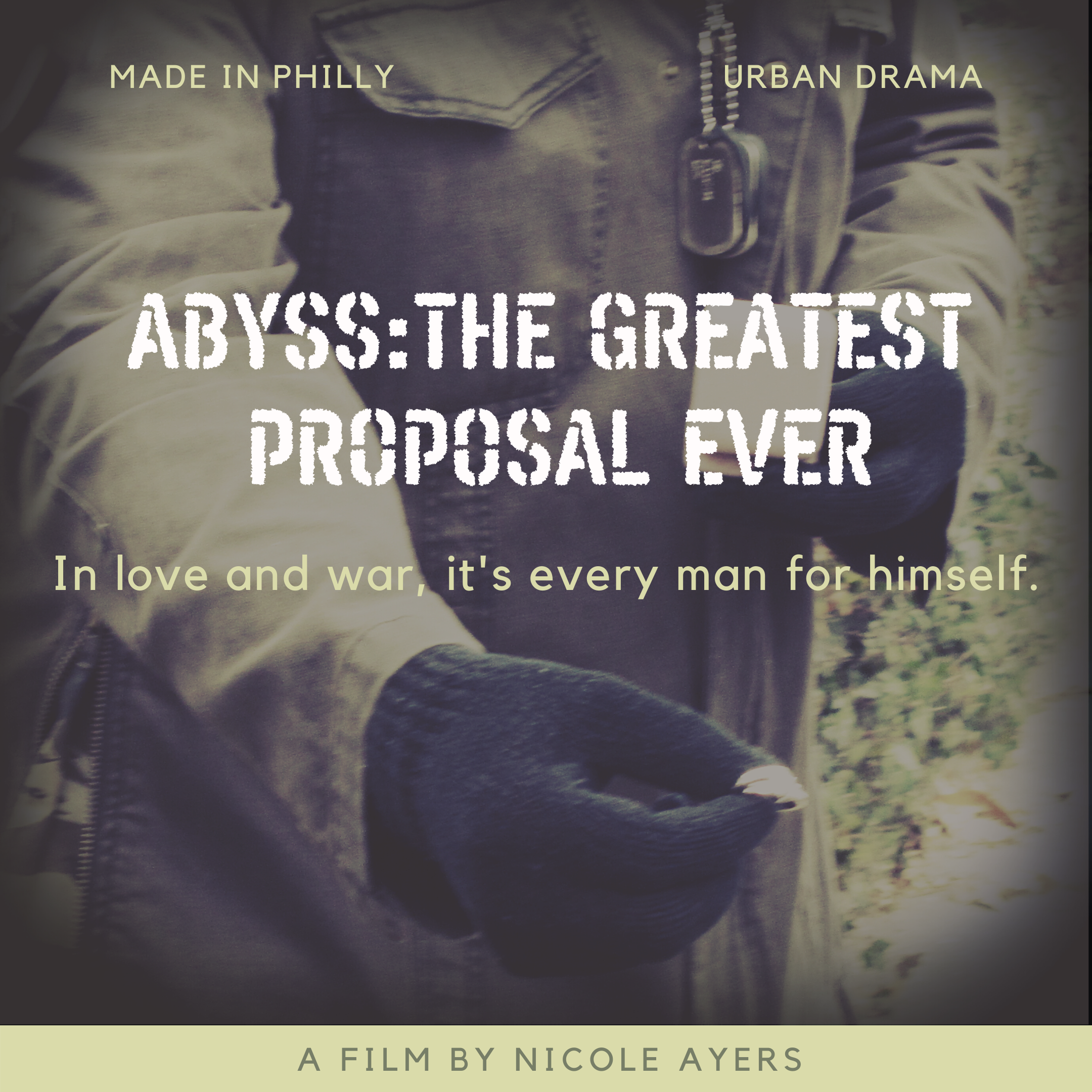
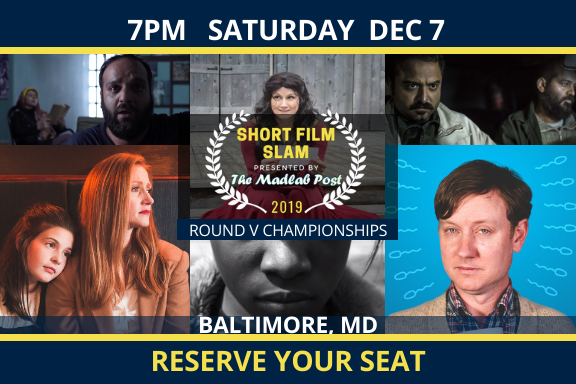
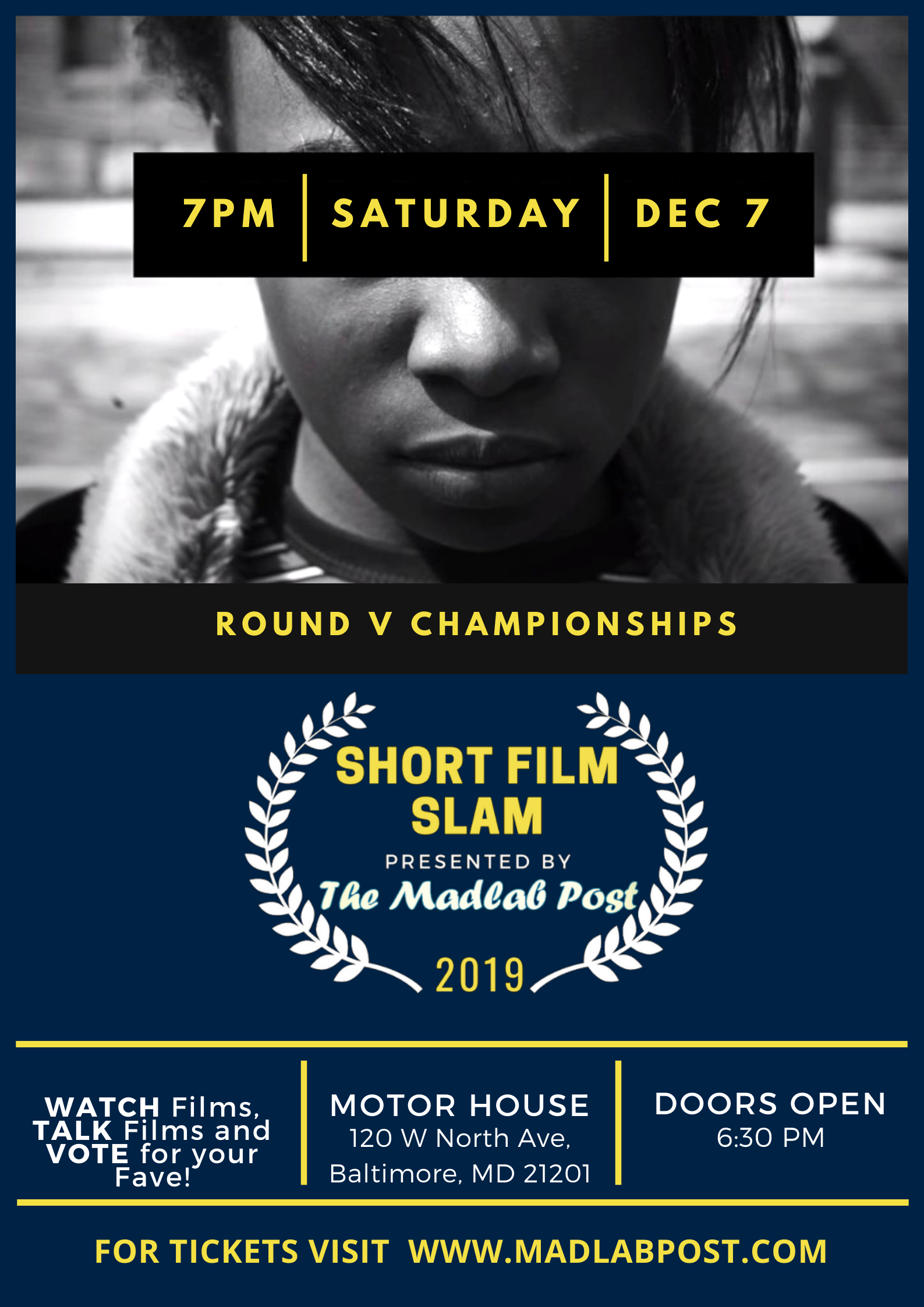
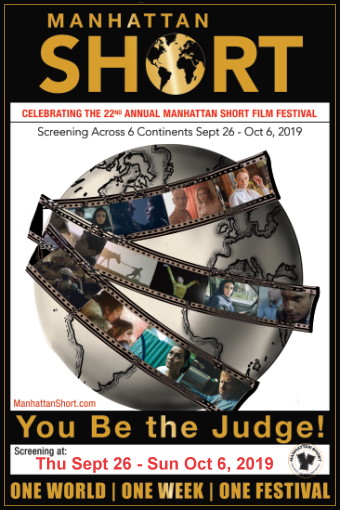
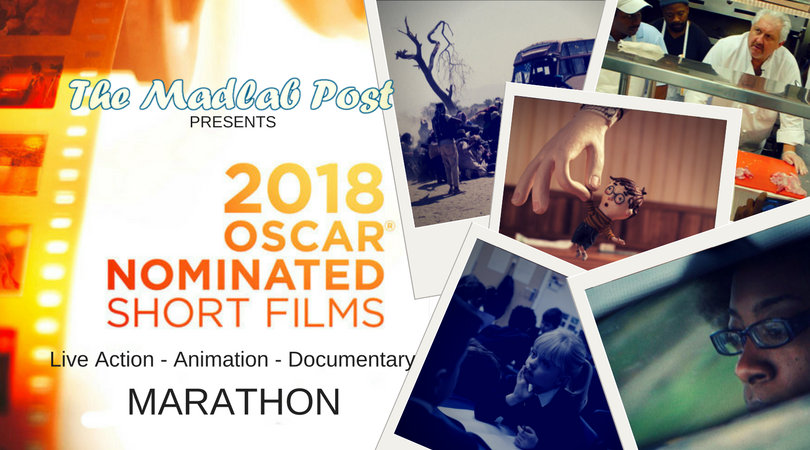



Reader Comments (2)
Art is often an imitation of life, and much of what seems to be displayed in the films is artists taking a look at the world around them, at the current events, and applying their artistic spin on things. Sometimes life isn't all pit-free cherries and rainbows.
Angela,
Thank you for your comment and it's understandable how films about injustice can be an artist's response to what's going in the world. When filmmakers make movies that illustrate the times we're living in, that's a great thing, considering the false narratives put out regarding our community. Creating work that addresses the issues that plague society may even be the duty of artists working in any medium such as sculpture, painting, music, theater or film.
There's nothing wrong with filmmakers making movies about the aforementioned topics; I just think programmers at film festivals that are about diversity such as Urbanworld could do a better job in their selection process. Doing so could ensure that films containing the same types of stories are spread out over several different festivals (American Black Film Festival, Pan African Film Festival, the Blackstar fest, etc.) rather than all of them playing back-to-back at the same festival. For a movie goer to go from one type of doom and gloom film to another and repeat the process several times over, is a real downer.
With 80 films in the lineup, I think there can be room for both on the domestic front....films from the U.S. that depict the realities of our dire situations as well as U.S. films that are uplifting. Otherwise, I see no reason for people to pay the $16.50 per ticket/screening to see the same movie repeatedly just with different actors and titles. It also makes me wonder how the constant rotation of such films and their gloomy narrative affects the psyche of youth who attend the festival. I understand the importance of keeping it 100 but if it causes more harm than healing, it doesn't do us any good.